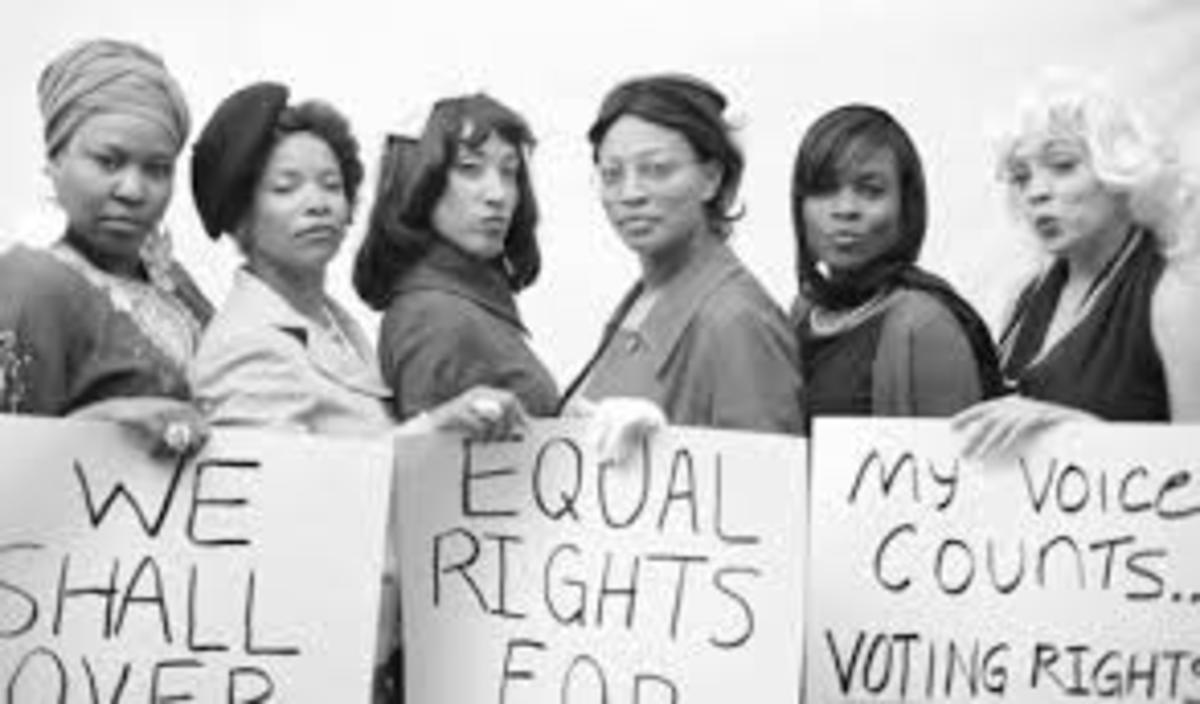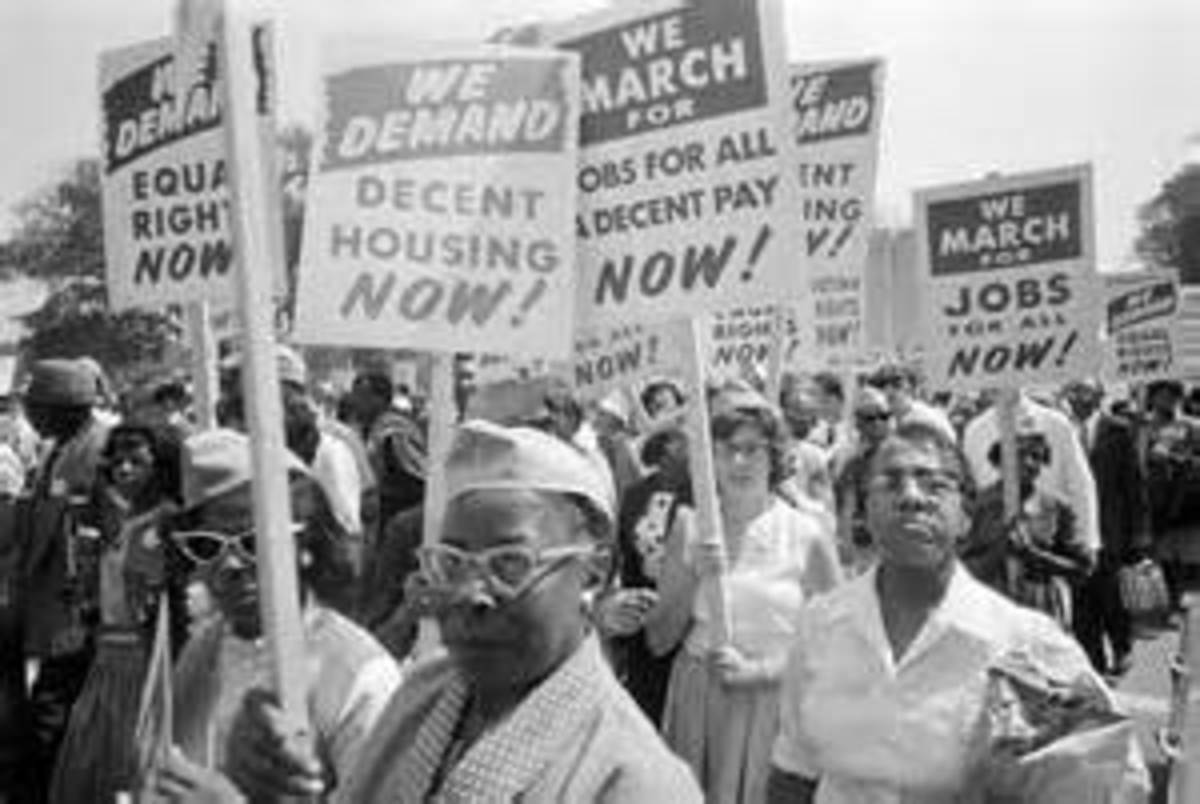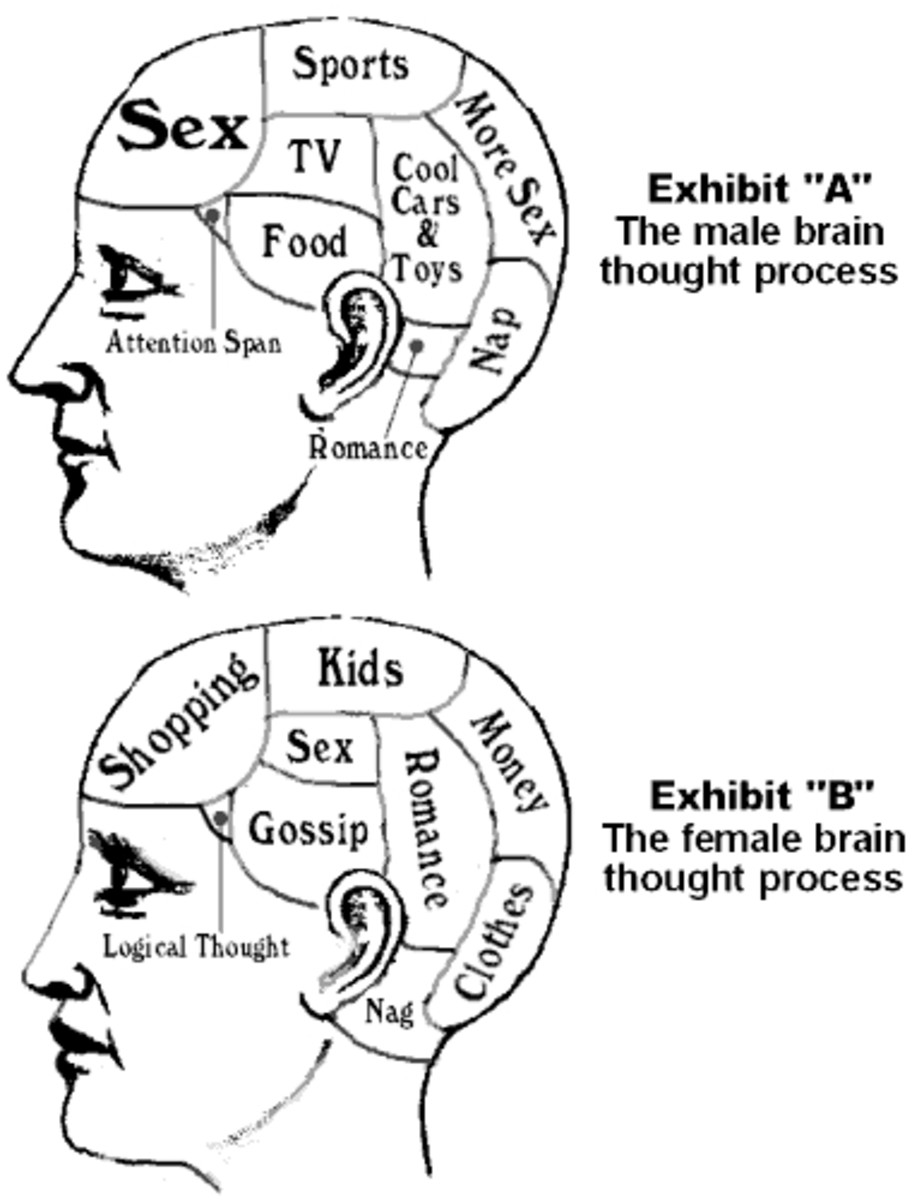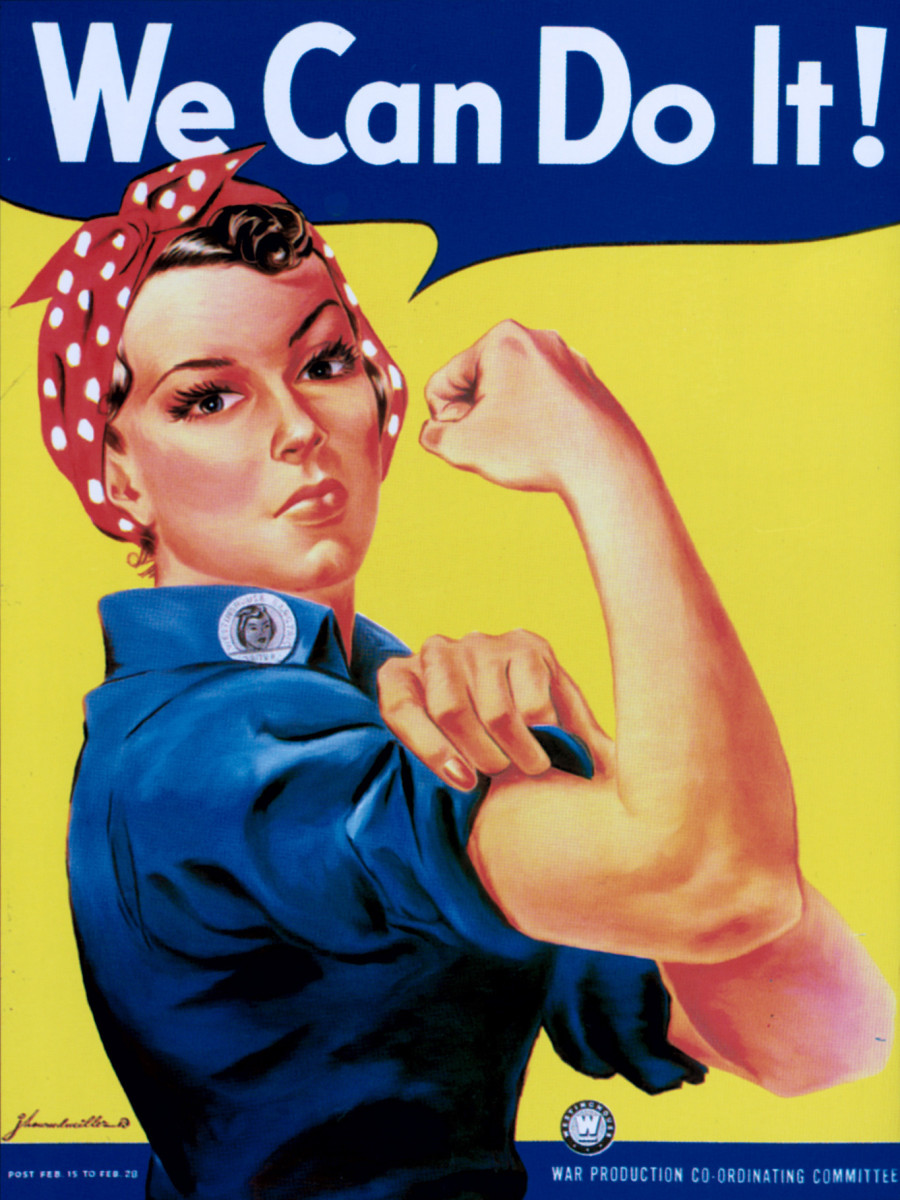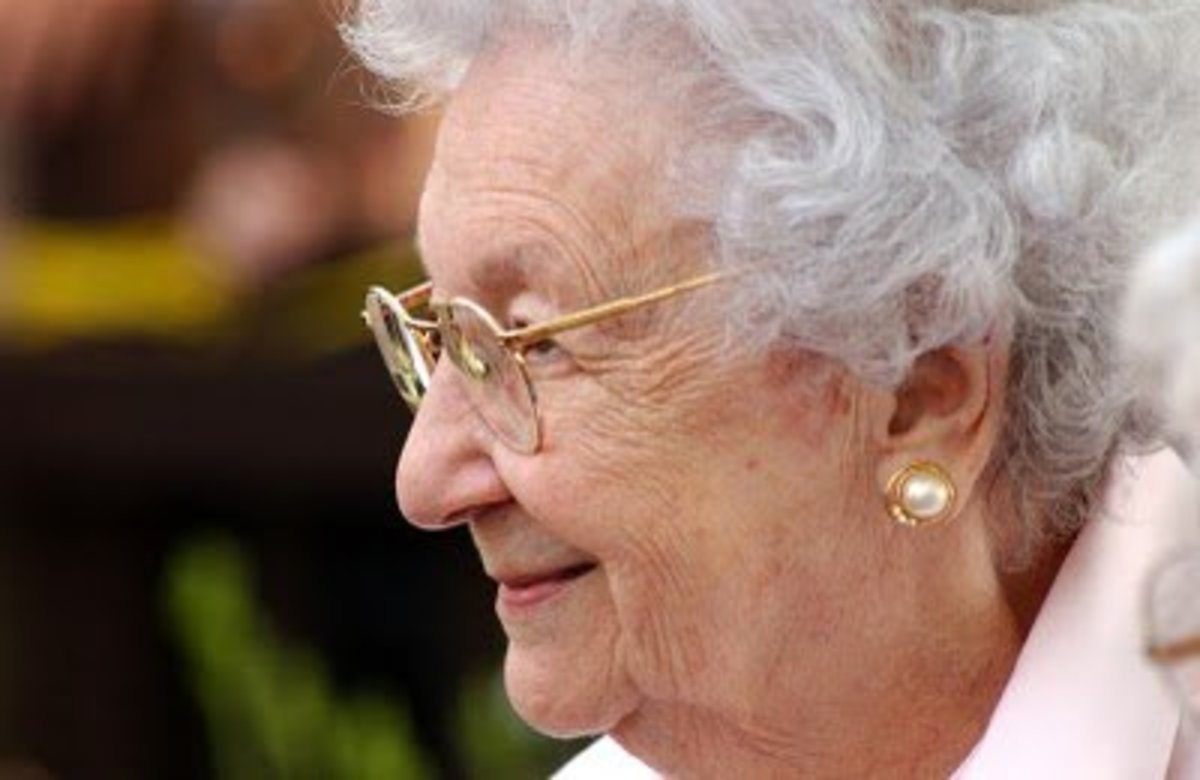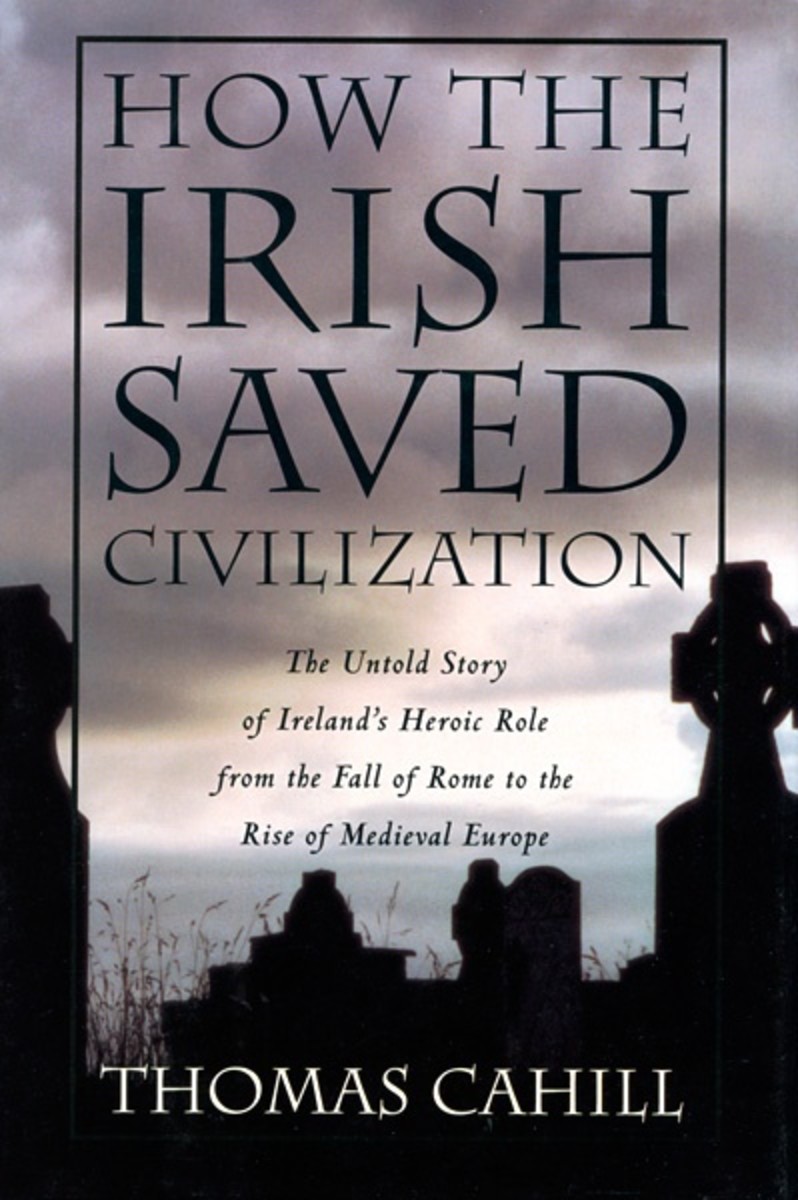"You Can't Keep a Good Woman Down": A Review of an Alice Walker Classic Novel
Alice Walker
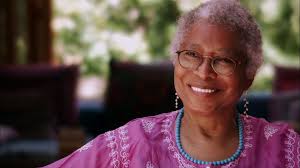
Alice Walker Trivia: How Well Do You Know Her?
view quiz statisticsGet the Book!
You Can't Keep a Good Book Down
You Can’t Keep a Good Woman Down by Alice Walker is a collection of short stories that speak to the spiritual majesty of African-American women within the throes of veiled, institutionalized racism. The underlying theme of the book is the concept of (intersectionalism). This concept describes the multiple forms of discrimination that give rise to system of oppression. This theory was first coined by Kimberlé Crenshaw (1989), a law professor at UCLA School of Law and Columbia Law School specializing in race and gender issues; however, concept goes back more than a century. For African-American women, the concept breaks down the combined prejudices of sexism and racism and then combines them to form and unique system of oppression. This type of discrimination is understood primarily by those on the receiving end of it and makes their spiritual and human triumph in spite of it all the more poignant.
Although the majority of the stories are fictional, Walker appears to write from an autobiographical point of view. The protagonist in each of the stories is someone the author relates to and successfully speaks through. Walker masterfully uses the language of oppression to clearly express the lives and triumphant struggles of the oppressed. She is able to tell stories of victory in the valley—valleys she has known, personally, as well. Many of the stories deal with social activism, education, mixed marriages, Black feminism, sexual freedom and artistic expression. Within the plots lay the stories of African-American women becoming stronger and freer. By writing this book, Walker portrays herself as an unabashed optimist. She is able to see the good in any situation, no matter how bleak it is.
The (African-American women) protagonists in the book portray different aspects of womanhood from many different walks of life. In each instance, the characters have to deal with racial and/or gender discrimination from their own unique perspective—whether the discrimination is veiled or overt. Consequently, in each instance, the main character, as a result of her ordeal, comes into her own unique sense of “knowing” and is able to rise above the abasement that is unique to her particular situation. In one story, and elderly woman, the child of slaves, realizes that the fame she receives as a result of her telling her story leads her to the reality that she is all the more misunderstood by people than if she had never written the story at all. Another story describes a married woman stalked by a White lover from her past whose only reason to be present in her life was to “lay claim” to her as a reward for his past social activism. Another story deals with the tale of an African-American, teenage rape victim who takes revenge on her White attacker—and gets away with it!
Walker’s book is inspirational and can be understood and appreciated by anyone who decides to give it a read. Walker’s use of language makes the characters very real and personable to readers of any nationality or race primarily because the characters come from so many different walks of life. This book speaks volumes to the testament, temperament and versatility of the author. Walker’s understanding of an African-American woman’s struggle is parallel to her own struggles. She is able to see the light in the situation of each character and, in turn, shed light on their stories and make them known to the world.
Kimberlé Crenshaw (UCLA)
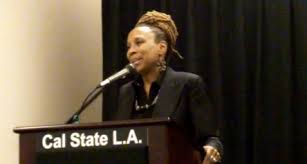
© 2014 Dana Ayres


